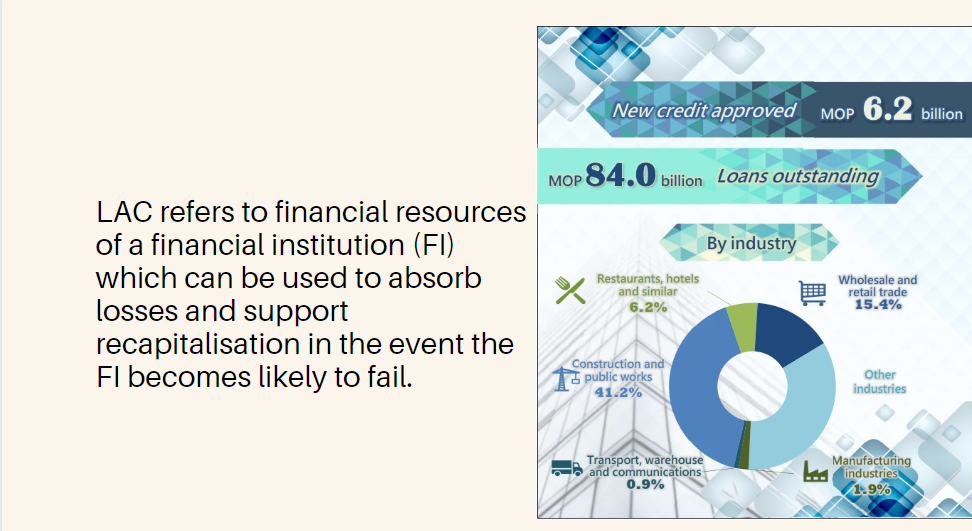Understanding FHA Loan Income Limits: What You Need to Know for 2023
The FHA loan income limit is a crucial factor for many potential homebuyers looking to secure financing through the Federal Housing Administration (FHA). Th……
The FHA loan income limit is a crucial factor for many potential homebuyers looking to secure financing through the Federal Housing Administration (FHA). These limits are designed to ensure that the program serves low to moderate-income families while also adapting to the varying cost of living across different regions. In this article, we will explore the intricacies of FHA loan income limits, how they are determined, and what potential borrowers should consider when applying for an FHA loan.
First, it’s essential to understand what the FHA loan income limit entails. The income limit refers to the maximum income a borrower can earn to qualify for an FHA loan. These limits are calculated based on the area median income (AMI) and can vary significantly depending on the location. For instance, urban areas with higher living costs generally have higher income limits compared to rural areas.

To determine the FHA loan income limit, the Department of Housing and Urban Development (HUD) evaluates the AMI for various regions. The income limits are typically classified into different tiers, such as 80% of AMI and 115% of AMI, which helps to define eligibility for different housing programs. The limits are updated annually, reflecting changes in the economic landscape, and it's vital for prospective buyers to stay informed about these updates.
For those considering an FHA loan, understanding the FHA loan income limit is just one part of the equation. Borrowers must also meet other criteria, including credit score requirements, debt-to-income ratios, and down payment options. Generally, the FHA allows for a lower down payment compared to conventional loans, making it an attractive option for first-time homebuyers or those with less-than-perfect credit.

When applying for an FHA loan, it’s important to gather all necessary documentation, including proof of income, tax returns, and employment history. Lenders will assess your financial situation to ensure you meet the FHA loan income limit and other eligibility criteria. Additionally, potential borrowers should consider working with a knowledgeable lender who can guide them through the process and provide insights on how to maximize their chances of approval.
Another critical aspect to consider is that the FHA loan income limit does not only pertain to individual borrowers but also applies to co-borrowers. If you are applying with a spouse or another individual, their income will also be factored into the total income calculation. This can be beneficial, as combining incomes may help you qualify for a larger loan amount, provided you stay within the established income limits.

In summary, the FHA loan income limit is a vital component of the FHA loan process, influencing eligibility and the amount you can borrow. By understanding how these limits are set and what factors contribute to them, potential homebuyers can better prepare themselves for the mortgage application process. Staying informed about annual updates and working closely with mortgage professionals will enhance your chances of successfully navigating the FHA loan landscape, ultimately leading you to homeownership.